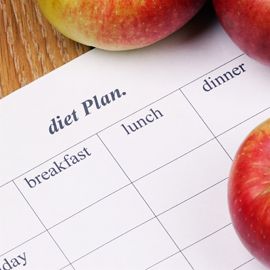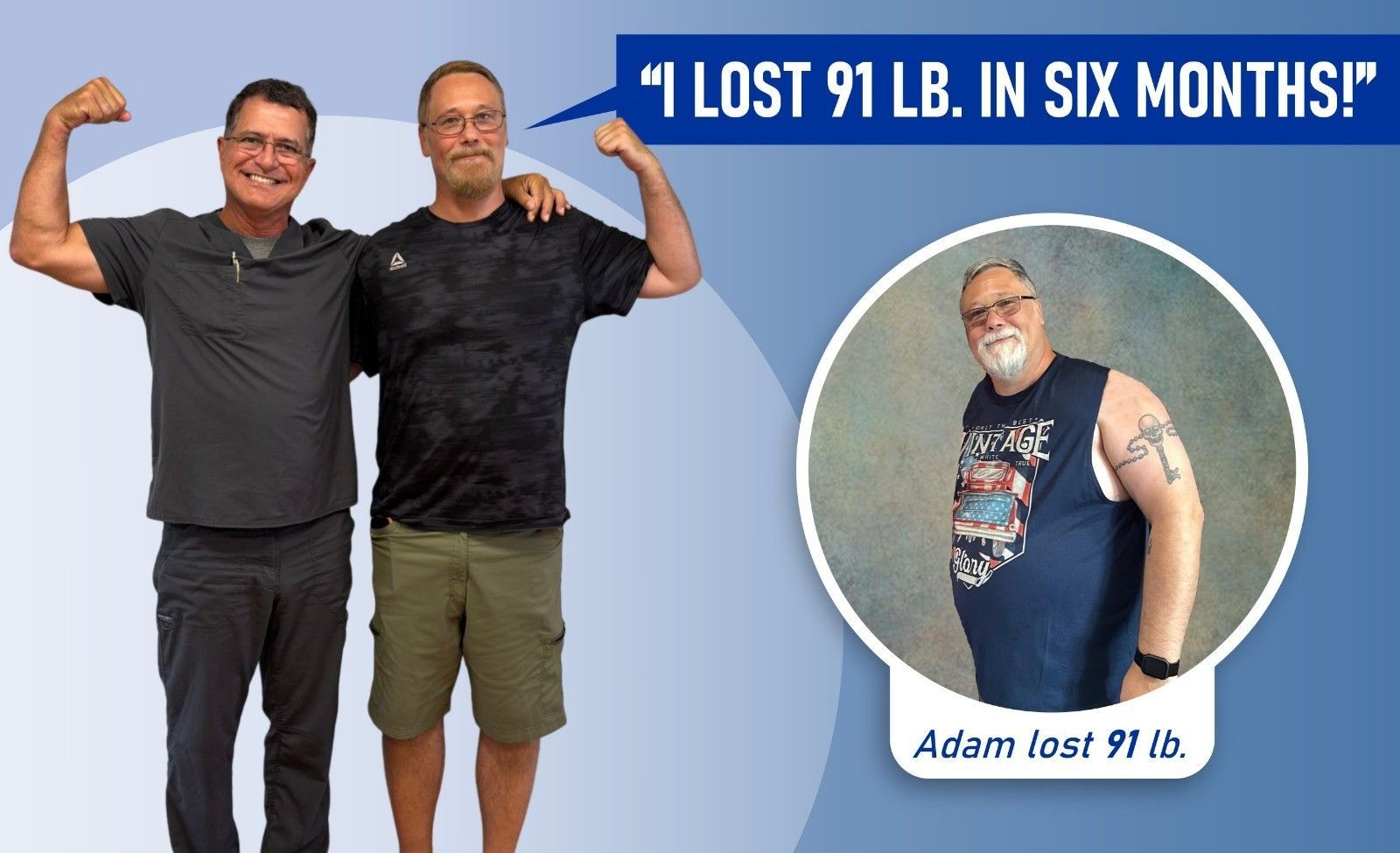Weight Loss Surgery in Jacksonville, Florida
Stages of the Bariatric Surgery Diet
After bariatric surgery, it is necessary to follow a special diet to allow your body time to heal. With time you will become used to the changes that your weight loss surgery brings to the way you now have to eat.
The timing of the diet changes vary slightly depending on the type of bariatric surgery you have. The dietary guidelines listed below will give you a general overview of what the first few days and weeks will be like.
Because the part of your stomach available for food when you eat is now smaller, becoming used to amount you eat and any intolerance to certain foods that may develop is a good idea. This will help you to avoid the potential for food becoming stuck, as well as nausea, vomiting and other forms of stomach distress.

List of Services
-
The Post Bariatric Surgery DietList Item 1
After your bariatric operation, you will be restricted to a clear liquid diet for a short time. After that, you will be instructed to consume a full liquid diet and gradually progress to a thicker foods until resuming a normal diet.
A protein-rich drink may be prescribed for you to make sure you are being adequately nourished
Your new stomach will only be able to handle one to two ounces (one quarter of a cup) of food at time. Over time, your stomach capacity will increase slightly but should never return to its former capacity.
-
The Pureed Diet
When you are able to comfortably tolerate a full liquid diet, your bariatric surgeon will give you clearance to move to a pureed foods diet. Most patient of Dr. Baptista are ready to move to a pureed diet by the fourth day post weight loss surgery. The pureed diet includes pureed lean meats and vegetables, eggs, etc.
-
Well Cooked and Finely Diced Foods
The length of time you will stay on the pureed diet depends on how easily your body adjusts to the changes in gastric function after bariatric surgery. Most of Dr. Baptista’s patients are able to move to regular soft food by the 9th day after surgery.
This diet includes well-cooked and finely chopped vegetables, lean meats, egg whites and soy products like tofu, salads, etc. Fruits such as strawberries may also be added to the diet in very small quantities.
-
Maintenance Phase Diet
This is essentially a regular foods diet. It is the basic meal plan that you will follow for the rest of your life. Most patients are ready for this type of diet within the 16th day after bariatric surgery.
Serving sizes during the maintenance phase are slightly larger than they have been previously and the selection of foods is more varied. Foods do not need to be cooked to the point of softness, as long the patient chews it well. This phase of the diet includes a wider range of vegetables, meats, meat substitutes and a very small amount of fruit. Vegetables include raw salad and other hard raw vegetables such as carrots. Meats like pork tenderloin and meat substitutes like soy meat alternatives, peanut butter and cooked beans can also be added to the diet.
Your bariatric surgeon will provide you with detailed menu guidelines specific to the bariatric surgery that you have. These guidelines will include timing details of when it is safe for you to progress to the next food level. Remember: always follow your bariatric surgeon’s guidelines for your diet. Each individual progresses through the weight loss surgery experience differently, so your weight loss surgeon will be the one best equipped to determine what foods will be most appropriate in your unique case.
Preparing For Surgery Resources
Patient Success Stories







